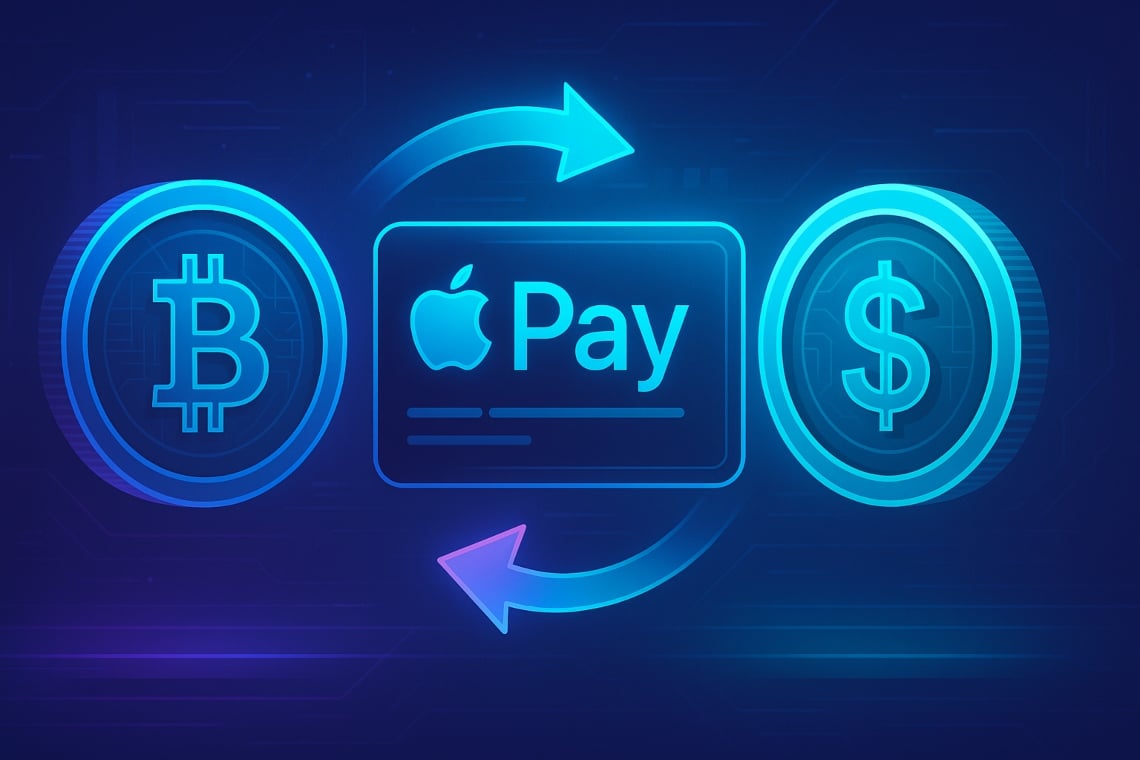MetaMask now supports EVM Solana and soon Bitcoin in one account
TLDR
- MetaMask users can now manage EVM and Solana addresses in one account.
- Bitcoin support is planned for MetaMask in the upcoming wallet updates.
- MetaMask’s update uses BIP-44 to pair addresses from different networks.
- Multichain accounts are now the default in MetaMask Mobile and Extension.
MetaMask has changed how users manage blockchain wallets by moving to a multichain account system. Instead of separate accounts for each network, users can now control Ethereum, EVM layer-2, and Solana addresses from one account. This new model also prepares for upcoming Bitcoin support, reducing the need to switch between accounts and making wallet use more efficient.
MetaMask Launches Multichain Accounts
MetaMask has introduced multichain accounts in both its mobile and browser extension versions. The update is available in MetaMask Mobile version 7.57 and Extension version 13.5. It is being rolled out automatically and will be the default account structure going forward.
Previously, MetaMask users had to create separate accounts for Ethereum Virtual Machine (EVM) networks and non-EVM chains like Solana. Now, the multichain account system lets one account hold multiple addresses across supported chains. MetaMask confirmed that this change helps users manage fewer accounts and makes cross-network activity more simple.
The company stated, “This means fewer accounts to manage, less switching back and forth, and easier cross-network activities.”
How the Account Pairing Works
The new system uses the BIP-44 standard to organize addresses. BIP-44 is a widely accepted format for deriving multiple crypto addresses from a single recovery phrase. MetaMask applies this standard to pair existing addresses.
All previous EVM and Solana addresses are matched based on their creation order. Solana addresses will take on the names of their EVM pair. If a user has more Solana accounts than EVM accounts, new EVM addresses will be automatically generated to match and labeled accordingly.
MetaMask clarified, “If you did create Solana accounts in the past, they’ll be ‘matched up’ with an EVM address chronologically and auto-adopt the EVM account name.”
Hardware wallets, however, are still limited to EVM networks. Solana support for hardware wallets has not been added in this update.
Upcoming Bitcoin Support Planned
MetaMask also plans to add native Bitcoin support in future versions of the wallet. While an official launch date has not been provided, the wallet’s design now makes it possible to include Bitcoin addresses within the same account structure.
Adding Bitcoin would further reduce the need to manage different wallets for different blockchains. MetaMask has not shared details on how Bitcoin address integration will work, but the platform’s use of BIP-44 suggests a similar derivation process will be used.
This shift toward multichain functionality reflects MetaMask’s effort to evolve from an Ethereum-only wallet to a broader cross-chain platform.
MASK Token Launch Rumors Grow
Alongside the multichain update, rumors around MetaMask’s long-awaited native token, MASK, have grown. A claims website surfaced on October 27, prompting speculation that a launch could be near. Although the site currently redirects to MetaMask’s homepage, it was briefly accessible as a password-protected page on Vercel.
Consensys CEO Joe Lubin recently confirmed in a podcast with The Block that the MASK token is actively in development. He said the launch may happen “sooner than you would expect.” Lubin also noted that developments across the Consensys ecosystem might offer clues about the token’s progress.
The MetaMask team has not shared a release date for the MASK token but acknowledged that the project is moving forward.
The post MetaMask now supports EVM Solana and soon Bitcoin in one account appeared first on CoinCentral.
You May Also Like

Cashing In On University Patents Means Giving Up On Our Innovation Future

A panoramic interpretation of the current status of DeFi development: Aave and Lido become the highest TVL protocols, and Solana ranks second among the public chains
